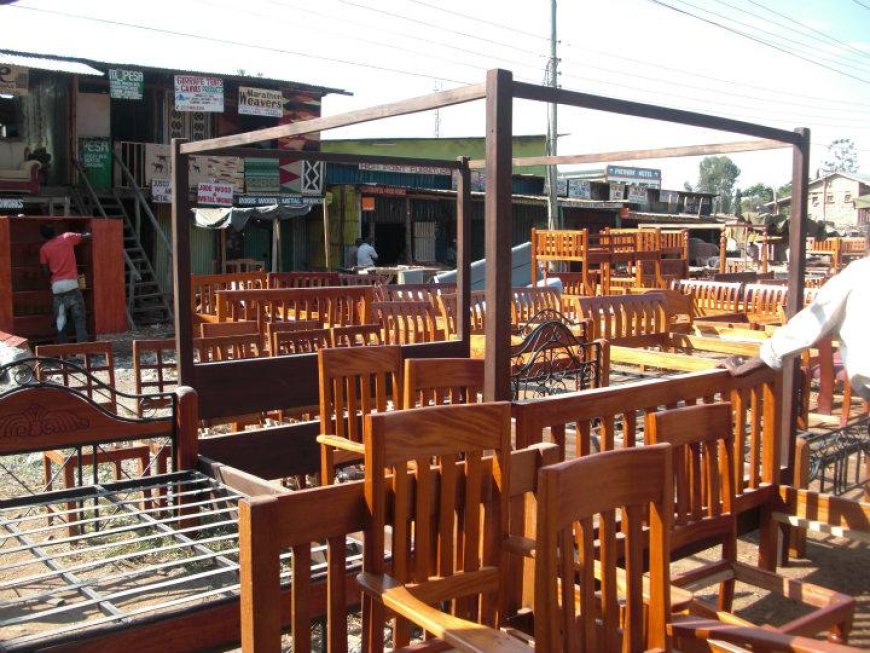The Rise of Juakali Jobs in Kenya
Introduction
In recent years, Kenya has seen a shift in employment patterns, with many citizens turning to "juakali" jobs. This term, derived from the Swahili for "fierce sun," describes informal, often manual labor conducted in open-air markets and workshops. This article explores the motivations to this trend and the challenges faced by those in the juakali sector.
Why Kenyans Are Turning to Juakali Jobs
-
High Unemployment Rates: The Kenyan job market struggles to provide enough formal employment opportunities to accommodate the rapidly growing population. High unemployment rates, especially among the youth, drive many to seek opportunities in the informal sector, where entry barriers are lower, and jobs are more readily available.
-
Flexibility and Autonomy: Unlike traditional employment, juakali jobs offer greater flexibility, allowing workers to set their own hours and manage their schedules. This flexibility is particularly attractive to individuals with family responsibilities or those who value autonomy in their work.
-
Low Entry Barriers: The juakali sector is accessible to those without formal education or significant capital. This accessibility makes it a viable option for individuals looking to leverage their skills and generate income without the constraints of formal employment.
-
Skill Utilization: Many Kenyans possess valuable artisanal or mechanical skills that are well-suited to the juakali sector. This allows them to utilize their expertise to provide essential services and products to their communities, contributing to the local economy.
-
Cultural and Economic Factors: Cultural traditions and economic conditions often favor informal work. Skills passed down through generations find a platform in the juakali sector, where artisans and craftsmen can continue their family legacies and sustain their livelihoods.
Challenges Faced by Juakali Workers
-
Lack of Job Security: The informal nature of juakali work means there is little job security, with income often dependent on daily or seasonal demand. This instability can lead to financial uncertainty for workers and their families.
-
Limited Access to Credit and Financial Services: Without formal employment records, juakali workers struggle to access financial services, such as loans and credit. This limitation hinders their ability to invest in business expansion or upgrade their tools and equipment.
-
Health and Safety Concerns: Working in open-air markets or makeshift workshops exposes juakali workers to harsh weather conditions and unsafe environments. Often lacking basic health and safety measures, these workers face significant risks to their well-being.
-
Social Stigma: Despite its importance to the economy, the juakali sector often carries a social stigma. Workers in this sector may be perceived as less successful or less educated, affecting their social status and self-esteem.
-
Limited Opportunities for Growth: The absence of formal recognition and support from government and institutions means that juakali workers have limited access to professional development and growth opportunities, which hinders their ability to advance their careers or improve their economic situations.
Conclusion
The juakali sector is a vital component of Kenya's economy, providing employment and income for millions. However, juakali workers face numerous challenges, from job insecurity to social stigma. Addressing these challenges requires a collective effort from the government, private sector, and civil society to empower juakali workers and ensure they can thrive in their chosen fields. By supporting these workers, Kenya can harness the potential of the juakali sector to drive economic growth and improve the livelihoods of its citizens.
What's Your Reaction?






























































